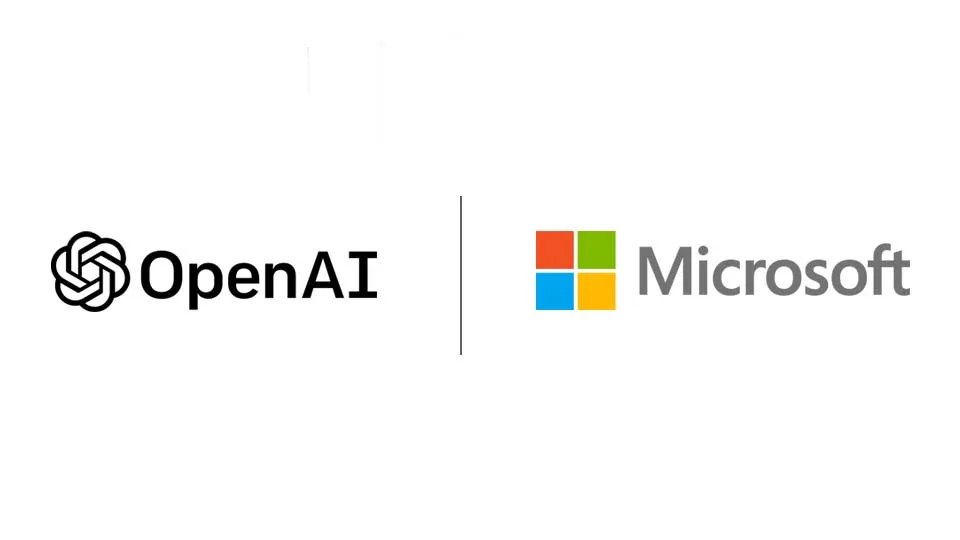Microsoft has announced its decision to give up its observer seat on OpenAI's board, citing confidence in the artificial intelligence company's direction.
The move comes as global regulators increasingly scrutinise Big Tech's investments in AI start-ups.
In a letter to OpenAI dated 9 July, Microsoft's deputy general counsel Keith Dolliver stated, "Over the past eight months we have witnessed significant progress by the newly formed board and are confident in the company's direction. Given all of this we no longer believe our limited role as an observer is necessary."
The tech giant had taken the non-voting observer position in November 2023 following a period of turmoil at OpenAI, which saw CEO Sam Altman briefly ousted before being reinstated. Microsoft, having invested over $13 billion in OpenAI, played a crucial role in resolving the leadership crisis.
Contrary to expectations, Apple will also not take up an observer role on OpenAI's board, according to sources familiar with the matter cited by a Financial Times report. Apple had previously been announced as taking up a similar role to Microsoft on the company’s board after the iPhone maker’s recent announcement that it will integrate OpenAI's ChatGPT into its devices.
An OpenAI spokesperson explained that the company will adopt "a new approach to informing and engaging key strategic partners" by hosting regular meetings with partners such as Microsoft and Apple, as well as investors including Thrive Capital and Khosla Ventures. This new engagement strategy will be overseen by Sarah Friar, OpenAI's recently appointed first chief financial officer.
Despite relinquishing its board position, Microsoft emphasised that OpenAI remains "one of Microsoft's most valued partners". The company's investment in OpenAI has been crucial for both parties, with OpenAI relying on Microsoft for computing power and cloud storage worth billions of dollars.
However, the close ties have raised questions about OpenAI's independence and Microsoft's influence over the start-up. Microsoft chief executive Satya Nadella was a key power broker during the boardroom upheaval at OpenAI in November – a frenetic several days in which OpenAI boss Sam Altman was ousted and subsequently rehired.
The withdrawal of these tech giants from board involvement comes as antitrust authorities in the EU and US examine the partnership between Microsoft and OpenAI. Regulators are concerned about potential anti-competitive practices in the rapidly growing AI sector.
The European Commission said in June it was exploring the possibility of an antitrust investigation into the tie-up after deciding not to proceed with a probe under merger control rules. The US Federal Trade Commission meanwhile has begun examining investments made by Big Tech companies in AI start-ups.
OpenAI expressed gratitude for Microsoft's confidence, stating, "We're grateful to Microsoft for voicing confidence in the Board and the direction of the company, and we look forward to continuing our successful partnership."
OpenAI's current eight-person board includes Altman, former US Treasury Secretary Larry Summers, and Fidji Simo, chief exec of Instacart. It is chaired by Bret Taylor, former co-chief exec of Salesforce and co-founder of AI start-up Sierra.
Latest News
-
BAE Systems launches UK tech incubator scheme
-
Morrisons to launch real-time engagement tech across stores
-
Crypto exchange Gemini to cut workers, exit UK, EU and Australia amid market slump
-
Anthropic unveils Claude Opus 4.6 as enterprise AI race intensifies
-
Government to collaborate with Microsoft on deepfake detection framework
-
50% of firms will rehire staff laid off due to AI by 2027, predicts Gartner
The future-ready CFO: Driving strategic growth and innovation
This National Technology News webinar sponsored by Sage will explore how CFOs can leverage their unique blend of financial acumen, technological savvy, and strategic mindset to foster cross-functional collaboration and shape overall company direction. Attendees will gain insights into breaking down operational silos, aligning goals across departments like IT, operations, HR, and marketing, and utilising technology to enable real-time data sharing and visibility.
The corporate roadmap to payment excellence: Keeping pace with emerging trends to maximise growth opportunities
In today's rapidly evolving finance and accounting landscape, one of the biggest challenges organisations face is attracting and retaining top talent. As automation and AI revolutionise the profession, finance teams require new skillsets centred on analysis, collaboration, and strategic thinking to drive sustainable competitive advantage.
© 2019 Perspective Publishing Privacy & Cookies









Recent Stories